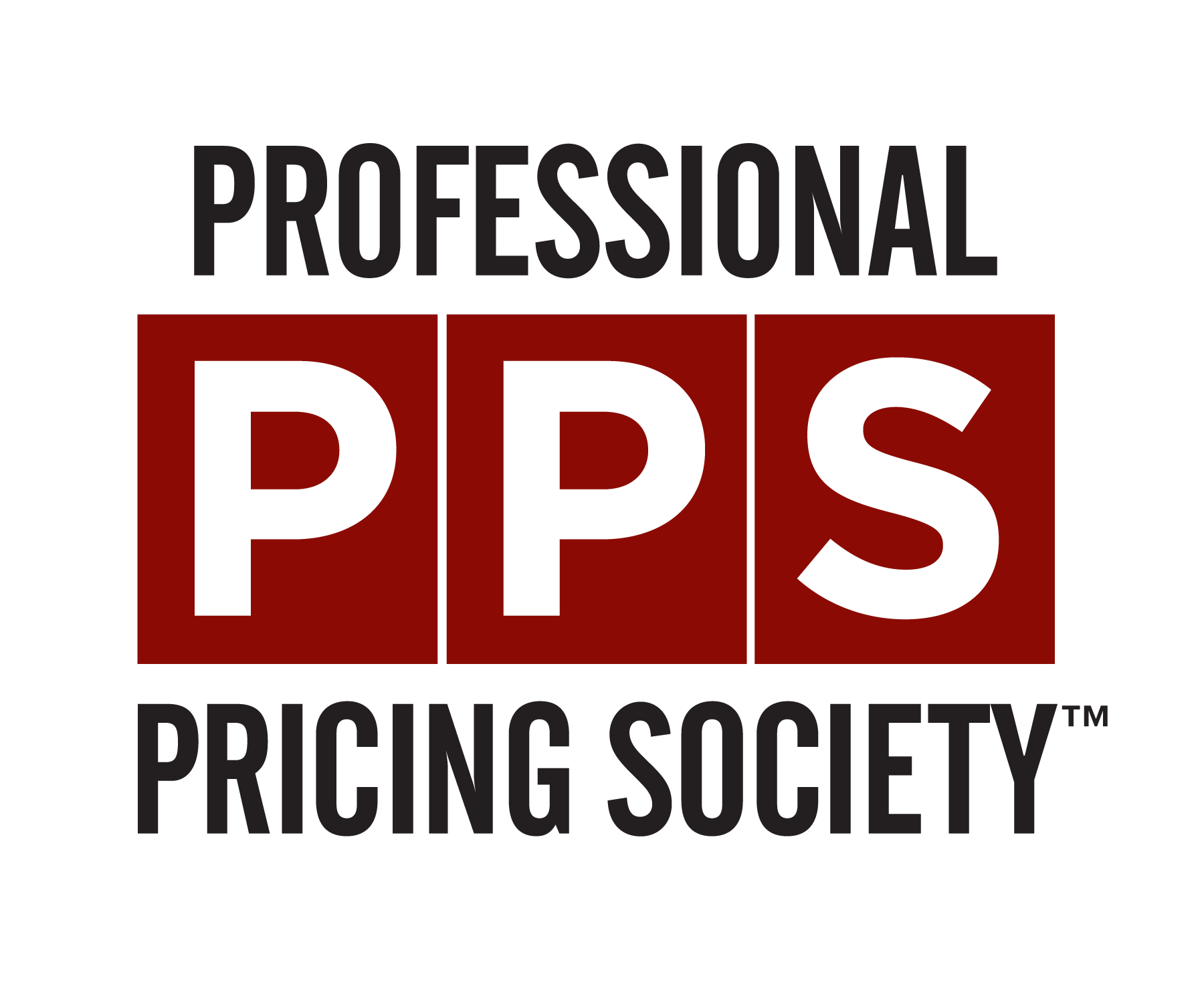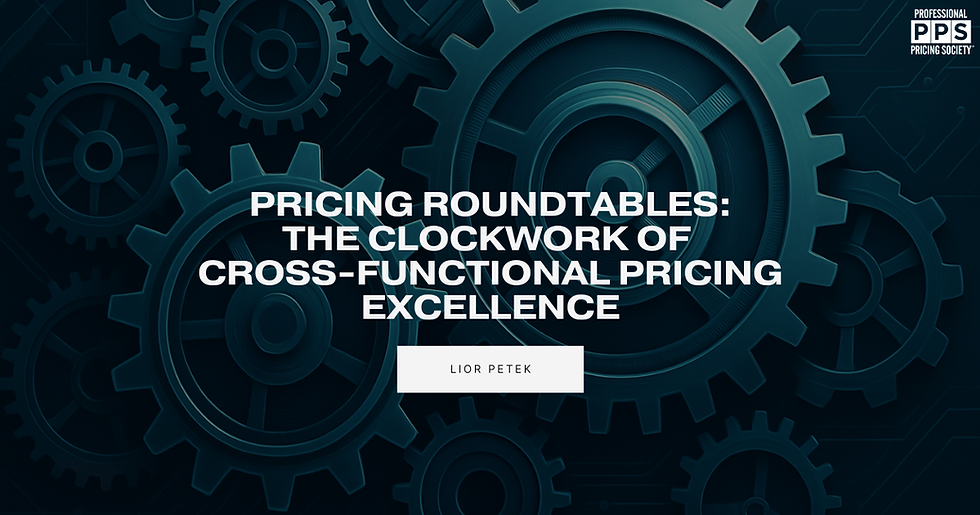Taking a Walk on the (Wild) Sales Side
- Meagan Ford
- Mar 31, 2020
- 3 min read
In this Guest Blog post, President of Holden Advisors, Brian Doyle, discuses how pricing strategy can improve customer negotiation and bring business success.

Pricing professionals, your sales colleagues face an unlevel playing field. While they’ve been learning how to ask open-ended questions, qualify opportunities and describe your product’s features & benefits, the procurement teams they face have been learning how to negotiate prices lower. In fact, procurement teams have a 10-year head start over sales when it comes to learning how to negotiate deals.
Not only do they learn the strategy, but they also learn specific techniques – from ignoring a product’s value to downright intimidation – that put your sellers at a disadvantage.
When sellers can’t successfully negotiate with their customers, they turn inward to your organization (almost as an extension of their customer’s procurement team) to negotiate for a lower price.
This creates a frustrating environment where pricing becomes the “bad guy”. Instead of working collaboratively to close more business, pricing spends all of its time negotiating against the sales team in an effort to defend the pricing strategy.
As pricers, you really have two options:
1. Continue to complain about how the sales team is ineffective protecting your price or
Help them defend the value of your products
2. The outcome of choosing option #2 not only makes your life easier, it also makes your company more profitable.
Executing your pricing strategy is a team sport
Helping your sales team defend your price begins by understanding their sales stages and how those stages overlap with the Buyer’s Decision CycleSM. Our research has shown that buyers are much more receptive to talking about value early in their decision-making process. They want to learn about how your product will positively impact their business. Later in the decision-making process, however, they care much more about price. In fact, that’s usually when a procurement representative steps into the negotiating process and starts telling your seller that you’re overpriced and your supposed value is worthless.

It’s critical, therefore, for sellers to discuss with buyers what they value, early in the Buyer’s Decision CycleSM so they can later articulate how their product aligns with what matters most to your customer. As pricing professionals, you’re uniquely suited to help them do that.
Whether or not you have thought about value in these terms, I’m certain that you have thought through the myriad of product and service attributes that helped determine the price. How will the customer use the product? What will it help them do? How does it compare to the competition?
Based on that research, you can coach sellers on what questions to ask their customers and how to uncover the potential impact of your product’s value.
When sellers understand the value of your product – especially when they’ve heard that value verbalized by their customer – they are much better prepared to defend it in negotiations with procurement. Your sales team will understand why your products are priced accordingly AND how their customers will financially benefit from them. Armed with those two facts and the proper techniques to articulate them, they’ll be able to win the battle with procurement and protect your price.
Imagine you and your seller working as a team to maintain your profit margin instead of working at odds with each other!
You won’t be viewed as the “bad guy” who has to negotiate with your own teammates and your company will be more profitable.
At the same time, just as pictured above, you can show your CEO the parallel lines depicting the higher price realization achieved and your company’s higher profit margin!
About Brian Doyle:
Brian is the President of Holden Advisors and has extensive experience on both sides of the negotiation table as both a sales leader and a lead negotiator. Recognized as an expert in the B2B space, Brian specializes in high value contract negotiations. He has a Bachelor’s in Astrophysics from the United States Air Force Academy and a Master’s in Systems Engineering from St. Mary’s University.





